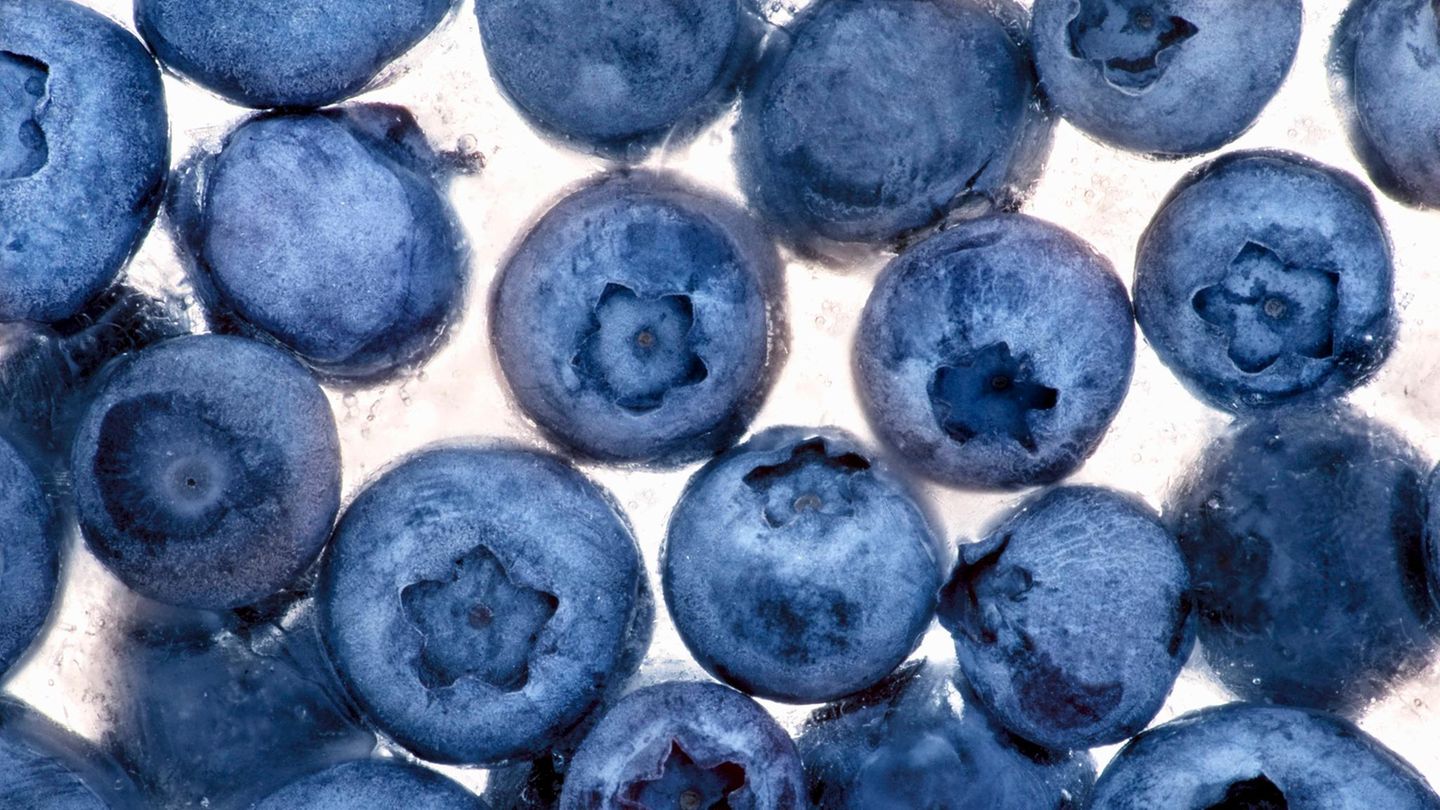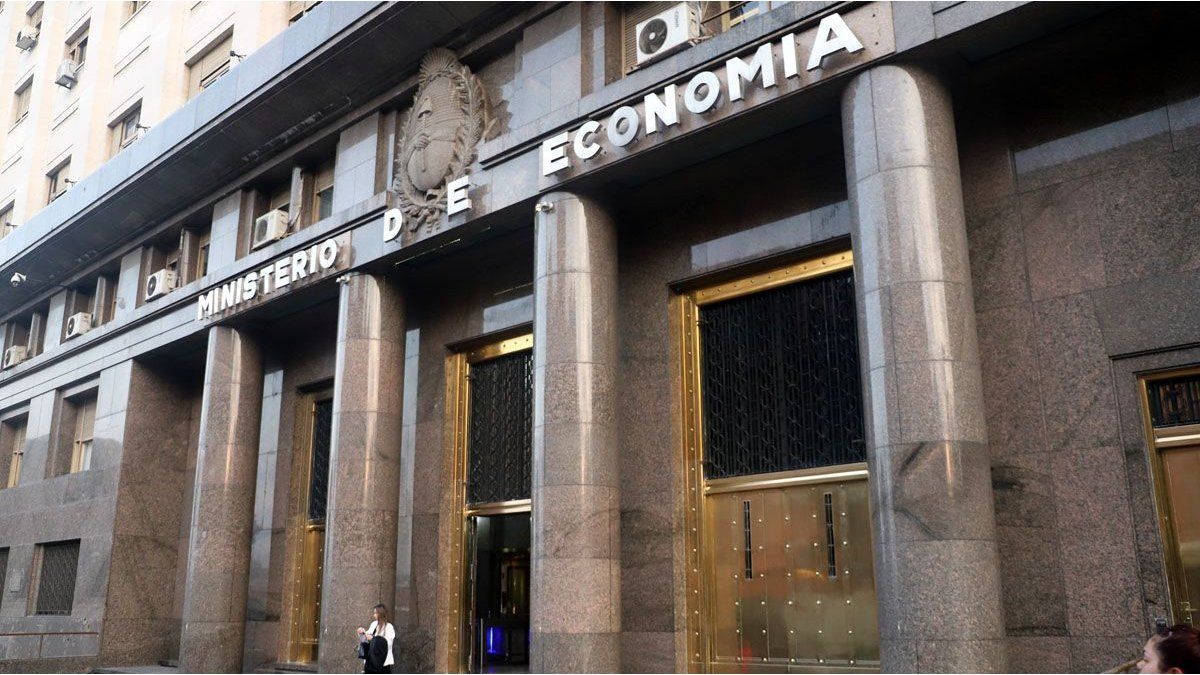Albert Heijn
Hepatitis A warning: Dutch supermarket recalls frozen blueberries
Copy the current link
Be careful at the freezer counter, at least in the Netherlands. The supermarket chain Albert Heijn is recalling frozen blueberries because they could be contaminated with hepatitis A.
Whether it’s a bag of Vla, a Fanta Cassis or the classic wheel of Gouda – for many German holidaymakers in the Netherlands, a visit to an Albert Heijn supermarket is somehow a must. But even those who live in cities close to the border like Aachen often shop at Albert Heijn. However, a product should definitely not end up in one of the eye-catching, sky-blue shopping bags at the moment.
The chain, which has more than 900 locations, warned buyers against consumption of a 1-kilogram bag of frozen blueberries with best-before dates up to and including April 14, 2026.
These are twelve of the most dangerous foods in the world
Ackee: Ackee probably originally comes from West Africa and is now the national fruit in Jamaica, although it is highly poisonous. The amino acid hypoglycin it contains can cause serious health problems, from vomiting to hypoglycaemia. In the worst case, there is a risk to life. It must therefore not be eaten whole; only the fleshy seed coat is edible. If unripe or overripe it is also poisonous. The ackee fruit should only be eaten once it has opened itself
© sevenstockstudio / Getty Images
Back
Further
Albert Heijn warns against owning blueberries
The reason: The berries may be contaminated with the hepatitis A virus. Symptoms included fatigue and fever, and more rarely abdominal pain and nausea. Customers should hand in the product at any Albert Heijn branch or fill out a form online – the money will of course be returned.
On Wednesday, the grocer issued a statement saying: The advice is and remains […] If you have any health problems, please contact your family doctor immediately.”
The company has set up its own team to handle every question and complaint on the topic. They are aware of the “very serious situation”. The product has been removed from all branches and they are working with the Ministry of Health (RIVM).
More than 100,000 buyers in the Netherlands and Belgium
As reported on Wednesday evening, more than 2,000 people have now contacted Albert Heijn with questions, and two people had to be treated in hospital.
The berries probably come from Poland. How the contamination came about remains unclear. According to RIVM, poor hygiene during packaging or contaminated irrigation could be to blame.
It is unclear how many customers bought a bag of the potentially dangerous product. A spokeswoman explains to Telegraaf that there were over 120,000 online alone, including 8,000 customers in Belgium, where the parent company also has branches.
The disease, also called hepatitis A, which can be caused by the virus, causes inflammation of the liver. Transmission from person to person is possible through close contact; for most people the disease is mild. Further information and advice on treatment and advice.
yks
Source: Stern




